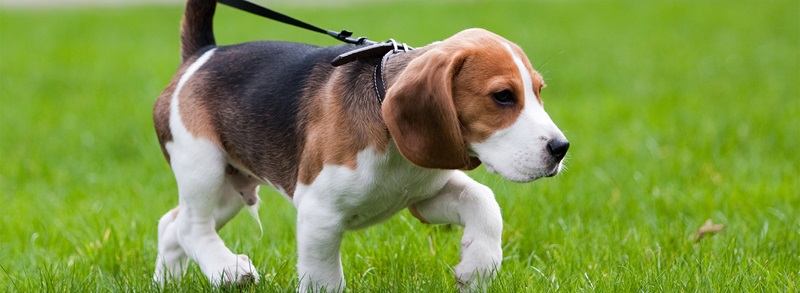
The Cambridge Animal Commission facilitates programs for animal control and welfare in the city and maintains Cambridge as a safe environment for people, pets and other animals, through an educational and enforcement approach. The Commission encourages responsible pet ownership and ensures public safety around domestic or wild animals. The Animal Commission's regular duties include: rescuing injured and/or sick domestic pets and wildlife; enforcement of state laws and City ordinances pertaining to animals; and licensing of all dogs in the City of Cambridge.
Low-Cost Rabies Vaccination Clinic (Dogs Only) and Annual Dog Licensing Saturday, April 5, 9-11 a.m.
Donate to the Helen K. Holland Animal Care Trust Fund
This fund, established by the Cambridge Animal Commission, provides emergency veterinary care for stray animals in Cambridge. Many lives have been saved because monies were available for necessary medical care, which otherwise could not have been provided. Helen K. Holland was a lifelong resident and long time employee of the City of Cambridge who was very dedicated to humane issues. All donations to the trust are directly used for animal care and are tax deductible under 170(c)(1). There’s never a shortage of stray animals in need of assistance and contributions are greatly appreciated! For more information, contact the Cambridge Animal Commission.
Donate to the Helen K. Holland Animal Care Trust Fund
Animal Commission Hours of Operations*
Mon - Fri 7:00 a.m. - 7:00 p.m. | Sat & Sun 7:00 a.m. - 3:30 p.m.
Phone: 617-349-4376 | Fax: 617-349-4726
*Note:
These hours vary from City Office Hours:
NOTICE: Please note that Animal Control Officers are in and out of the office when responding to calls. Please call the office in advance before planning to come in. If preferred, appointments can be made on Tuesdays and Thursdays only, to obtain a dog license, answer regulatory questions, or provide general assistance. Appointments can be made online, by phone at 617-349-4376, or by email at animalcommission@cambridgema.gov.





